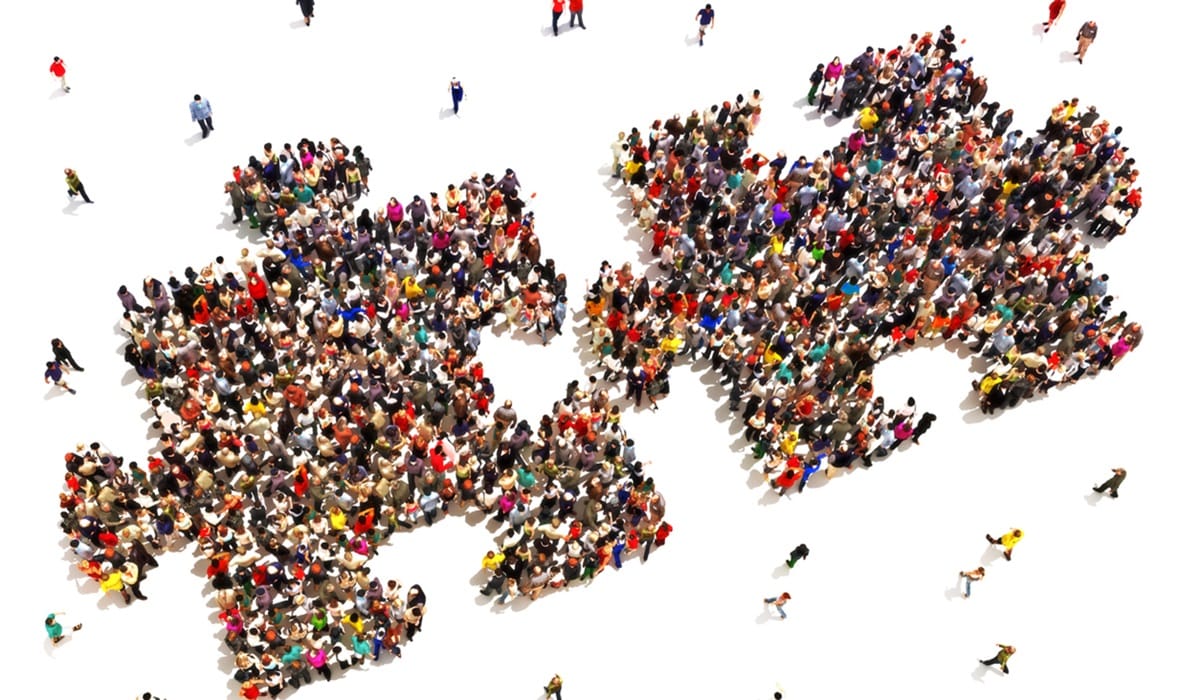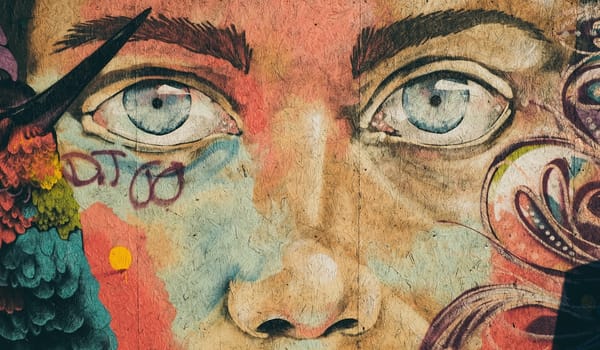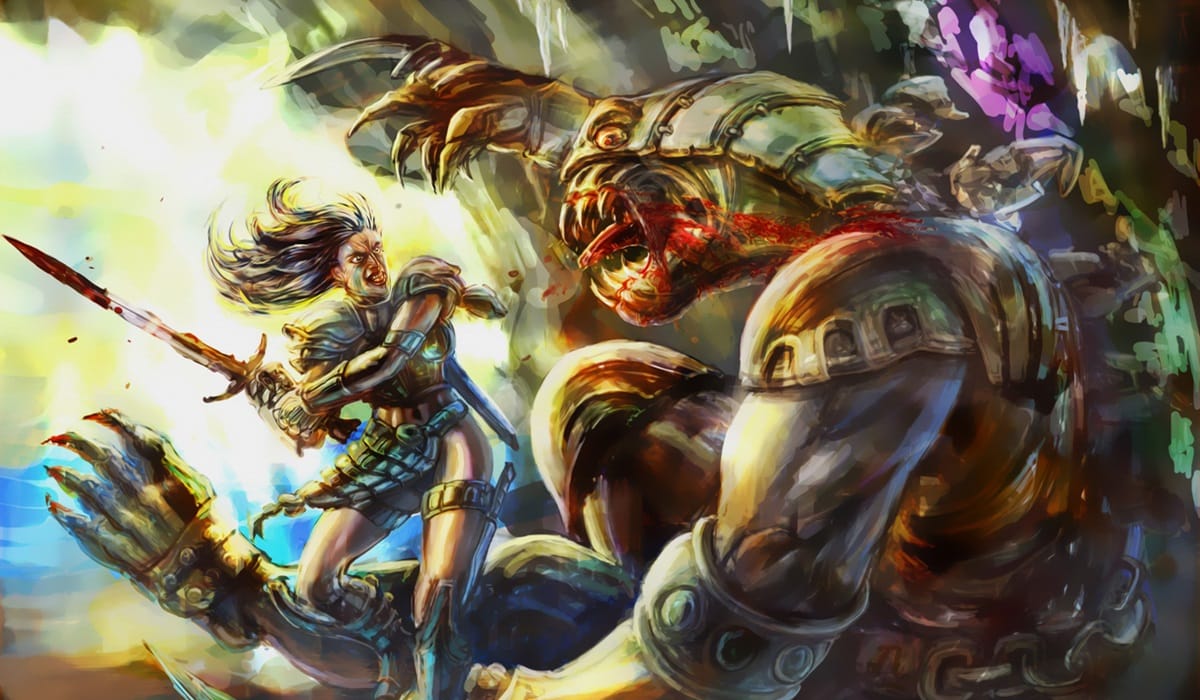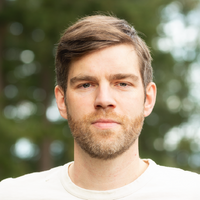When we feel the call to purpose, we quite often want our individual impact to be as big, important, and lasting as possible. We want to be the leader of a large, innovative organization; the one with the megaphone at the front of the rally with such charisma; or the inventor of some paradigm-shifting philosophy, methodology, or technology.
In short, we want to be the hero. We want to be great. We want to be the one who made change possible.
The Hero’s Journey
Joseph Campbell’s seminal 1949 book The Hero of a Thousand Faces popularized the notion of the hero’s journey. Campbell argued that many of humanity’s most famous stories share a common narrative blueprint that is particularly resonant with the human spirit. Campbell's work has since offered a template for some of the most famous modern stories, including Star Wars, The Matrix, and The Lion King.
The archetypal hero’s journey has many different elements. But it can perhaps be distilled down to a few key steps. First, a person sets out on an adventure into the unknown amidst some sort of crisis in the world. Along their path, they receive unexpected aid and face various trials and tribulations. Eventually, they achieve victory or resolution. And then, finally, they return home with both the world and themselves forever transformed.
Just as the hero’s journey has become an inspiration for many modern books and films, it has also proved valuable for many in their everyday lives. Many therapists, coaches, and team leaders now encourage their clients and employees to view their lives as their own hero’s journey. Through this lens, many for the first time get to see themselves as the hero. They get to see themselves as courageous and their lives as an adventure. And they see their outer goals as dependent on their own inner transformation and vice versa (similar to the concept of inner and outer purpose I’ve explored in earlier articles.)
And yet, too often, our ideas of heroism distract us from our purpose. Rather than empower and guide us, they can distort our understanding of how change actually works and our individual roles within it.
Mythical worlds vs. the real world
The hero’s journey suggests that external transformation in the world (i.e., social change) hinges on a singular hero overcoming whatever ails the kingdom. The hero – through their incredible power, courage, and ingenuity – changes the world forever and returns forever changed themselves. Based on the blueprint of these powerful hero stories, many of us perhaps strive to be that hero ourselves.
The problem is: our world doesn’t actually work this way, does it? In mythical worlds, one person (perhaps with a trusted ally or two) can and must slay the dragon and save the damsel in distress. In one fell swoop, the world is saved. But in our world, lasting social change occurs systemically over a much longer period. It’s not the result of a single concrete event, but rather the result of gradually changing beliefs, norms, values, and behaviors en masse. Real change requires millions of everyday people each contributing their piece of the puzzle, each offering modest contributions that collectively amount to seismic shifts in culture and social systems.
Yes, of course, there are particularly charismatic or impactful leaders like Mahatma Gandhi or Rosa Parks. But ultimately, these leaders are almost always impactful only insofar as they catalyze transformation and action in others. They inspire the masses to create the change that actually transforms worlds and lives practically. The true heavy lifting almost always gets done by the nameless millions implementing change day by day at the local level.
Despite what The Matrix would have you believe, change is not dependent on The One. There is no The One. What the world needs most of all is millions of us each doing our part.
Purpose has nothing to do with greatness or achievement
We now live in a world obsessed with individual greatness and achievement. Seemingly every post on Instagram and TikTok is pushing us to do and be more at all times. So many of us spend our lives slaving away to get that next promotion, buy the bigger house and fancier gadgets, achieve even more audacious goals, and ultimately garner greater social status.
And despite our best intentions, these same egoic motivations often get smuggled into our pursuits of purpose and social change. Instead of foregoing greatness and achievement to serve the greater good, the greater good becomes our new vehicle for achieving individual greatness. We want to become great by doing good.
Here’s my truth: Purpose has absolutely nothing to do with being the hero. It has nothing to do with being great. It has nothing to do with being a success. It has nothing to do with achieving anything at all.
Your purpose doesn’t need to be big. It doesn’t need to be visible. It doesn’t need to be impressive. It doesn’t need to consume your whole life. It doesn’t even need to be particularly difficult.
Purpose is simply about making a contribution to the greater good by sharing your unique gifts with the world.
That’s it. All the other stuff is just our sneaky motherf***ing egos trying to find validation again.
Let it go. Let your humble, practical, balanced pursuit of everyday purpose inspire others to do the same, so that they may inspire others to do the same, and they others, and they others, until eventually we have the millions we need to enact the change we yearn for.










